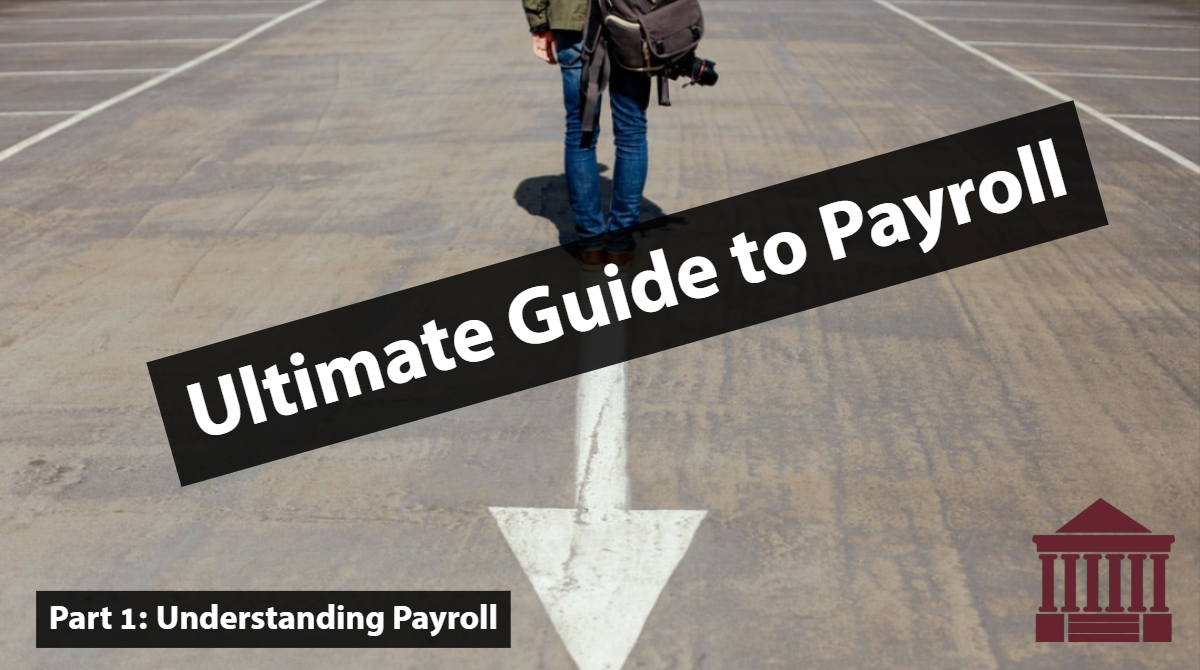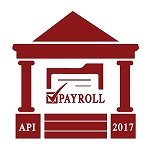Ultimate Guide To Payroll – Part 1

Welcome to our 3 part series on Business Payroll. For the next three weeks we’ll be covering a new aspect of payroll, from understanding to establishing and beyond.
Understanding Payroll as a Small Business Owner
Founding and running a company is serious business—but you’ve taken the plunge, and that’s something to be proud of. You’ve invested so much into your entity—from time, effort and talent to your very own money. That’s why there are some business aspects that you should make as easy as possible on yourself, so you can focus on doing what you love. Here is our guide to handling payroll, including all the important things you need to know, plus tips and tricks to help you succeed.
What is Payroll?
Payroll is a critical part of running any business, large or small—and it must be done correctly if you want to avoid costly and time consuming problems. Simply put, payroll is a list of your company’s employees who need to be paid, and how much you have agreed to pay them. However payroll actually involves much more than just a list. Here are the main aspects of payroll:
- Calculating and distributing paychecks to your employees
- Financial records of employee pay, salaries, withholding’s, deductions, and other items on pay stubs
- A record of all total earnings by your employees within a given fiscal year
Key Terms to Know
In order to understand as much as possible about managing payroll for your small business, there are several key terms you should know and keep handy to reference when they undoubtedly come up:
- Accrue—To accumulate. You may provide your employees time such as paid vacation and paid sick or personal time, allowing them to “accrue” this time during a pay period based on how many hours they’ve worked.
- ACH (Automated Clearing House)—An electronic network for direct deposit and other payroll transaction processing.
- Deductions—Amounts taken from the employee’s paycheck, to be allotted toward retirement plans, health insurance premiums, etc. Deductions can be pre-tax or post-tax.
- EFTPS—The Electronic Federal Tax Payment System, used by the employer to pay taxes online
- Employee’s Withholding Allowance Certificate (W-4)—This federal form is used to determine the amount of income tax to withhold from the employee’s paycheck, based on the number of allowances claimed.
- Exempt—Amounts that are not part of the taxable pay, and are subtracted from gross pay before taxes are calculated.
- FICA—The Federal Insurance Contributions Act. This is the proper name for the combination of Social Security and Medicare taxes.
- Garnishment—A legal proceeding that authorizes the involuntary transfer of an employee’s wages to a creditor to pay a debt.
- General Ledger—A tool used to record the financial transactions of a business, including expenses, revenue, liabilities and assets.
- I-9—A form used to verify that an employee is legally eligible to work in the United States.
- Social Security—This tax is paid by both the employee and the employer.
- Taxable Wage Base—The maximum amount of an employee’s pay that is subject to Social Security, federal unemployment and state unemployment taxes.
- Third Party Sick Pay—Compensation paid to an employee by a third party, often an insurance company, because of a non-job-related injury, illness or condition in which they are unable to work. (Example: maternity leave.)
Hiring a Payroll Company to Help
As you know, setting up and managing payroll is a huge task and expense. The added pressure of doing everything properly to ensure compliance can make it seem overwhelming. Thankfully, there are many options available to help. A payroll company can do all the hard work for you, so you can focus on other business aspects—like hiring great people, and promoting your product or service. Here are some of the benefits of hiring a payroll provider:
- Saves time and effort
- Ensures compliance
- Cost-effective
- Gives you peace of mind
Here at Alr on Payroll, Inc., a subsidiary of Alron Enterprises, Inc., we are committed to providing exceptional service to meet all of your payroll and tax remittance needs. If you have further questions on payroll, simply contact us, and we’d be happy to discuss them and provide you with the information you need. You can always trust our payroll specialists to go above and beyond in providing superior services and customer care. Don’t hesitate to contact us today. We look forward to working with you!
on Payroll, Inc., a subsidiary of Alron Enterprises, Inc., we are committed to providing exceptional service to meet all of your payroll and tax remittance needs. If you have further questions on payroll, simply contact us, and we’d be happy to discuss them and provide you with the information you need. You can always trust our payroll specialists to go above and beyond in providing superior services and customer care. Don’t hesitate to contact us today. We look forward to working with you!